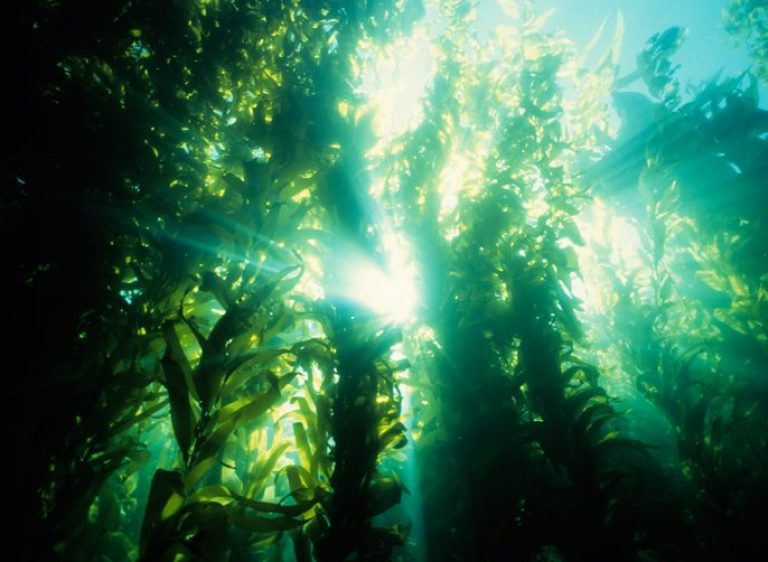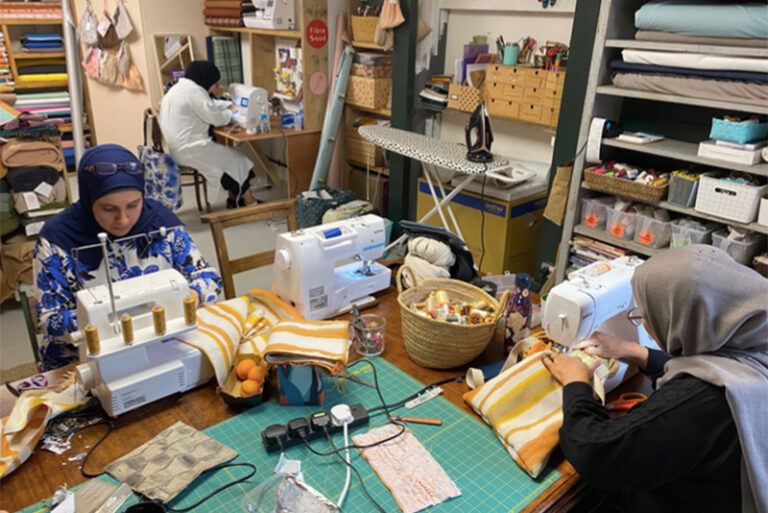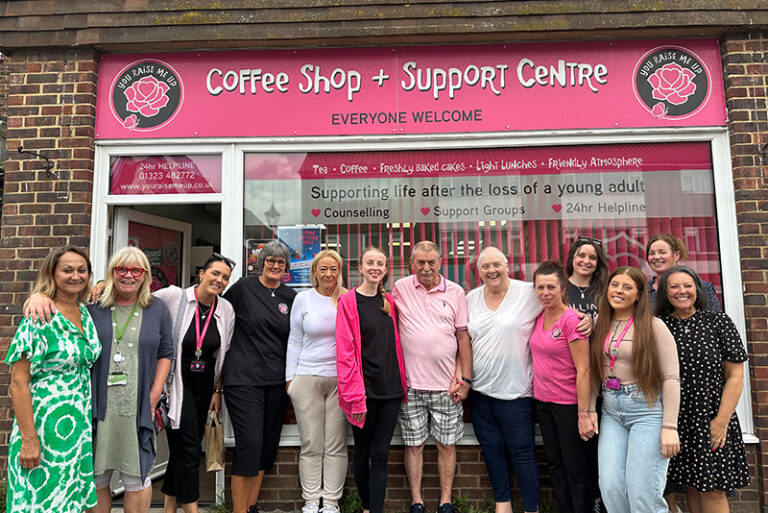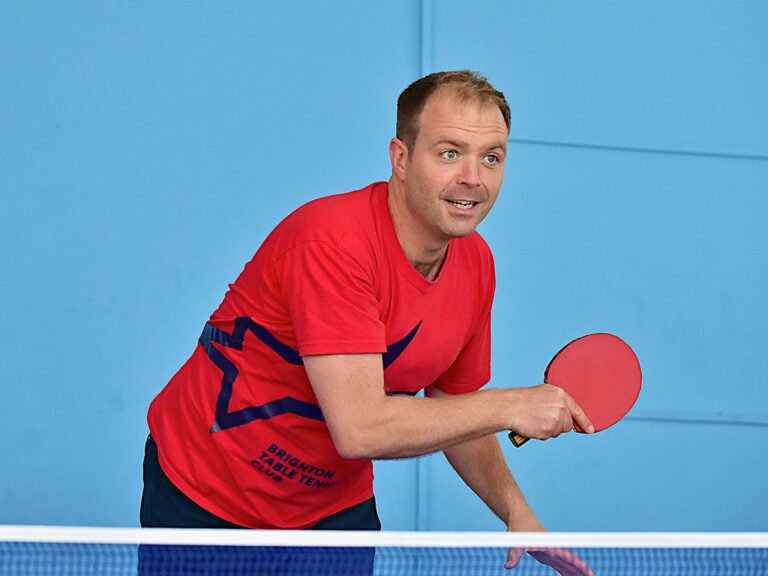The Amazing Story of the Brighton Dolphin Project
The Ocean Eden Project is a radical and ambitious venture by the Brighton Dolphin Project with the goal of leading the way in ‘regenerating our oceans once more’. Think Eden Project but in the sea with visitors in wetsuits and snorkels.
Overfishing, dredging and recreation have all led to the demise of our marine ecosystems. The environmental impact of human activity on the world’s oceans has reached a critical point and the time for Innovation is now. According to WWF the populations of some marine species have declined by 49 per cent in just four decades and the eastern English Channel as one of the world’s busiest sea areas is not immune.
The BDP hope to create underwater biomes from reclaimed salmon farm enclosures and place them in Shoreham Port. The nets will serve as both ‘a nursery for ecosystem restoration projects run at sites up and down the coast’ and act as a living museum and educational/research centre. Underwater cameras and snorkeling gear will enable researchers and visitors, adults and children alike, to immerse themselves in the wonders of the sea and connect with how ocean life once looked in the English Channel, and how it might look again if we allowed our oceans to recover. The biomes will become open environments for the coast’s native wildlife and visitors will have the opportunity to swim through forests of kelp and seagrass or over huge oyster beds, witnessing first hand how these environments are the key to protecting the ocean’s wildlife.
Both seagrass meadows and Kelp forests provide valuable habitat for a wide variety of marine life from cuttlefish to endangered seahorses. It’s said that 2.5 acres of seagrass supports 80,000 fish and 100 million invertebrates. In addition Kelp locks up huge quantities of carbon, improving water quality and reducing coastal erosion by absorbing the power of ocean waves. Oyster reefs also create valuable habitat for wildlife. A single oyster can filter up to 50 gallons of water a day. The clearer, cleaner water can then support plentiful underwater grasses, which—like the oyster reef—create a stable bay bottom and a safe, nurturing habitat for juvenile crabs, scallops, and fish and so the cycle continues.
The initiative tackles both climate change and overfishing impacts all at once, it will educate, bring ecotourism to the south, and generate valuable research on ocean regeneration, potentially providing a groundbreaking model for the management and regeneration of marine ecosystems all around the world.
Brighton Dolphin Project is part of the World Cetacean Alliance and it was set up to protect marine mammals on the Sussex coast through education (Discovery Centre) and ecotourism.
Brighton Dolphin Project is run from Shoreham Port



